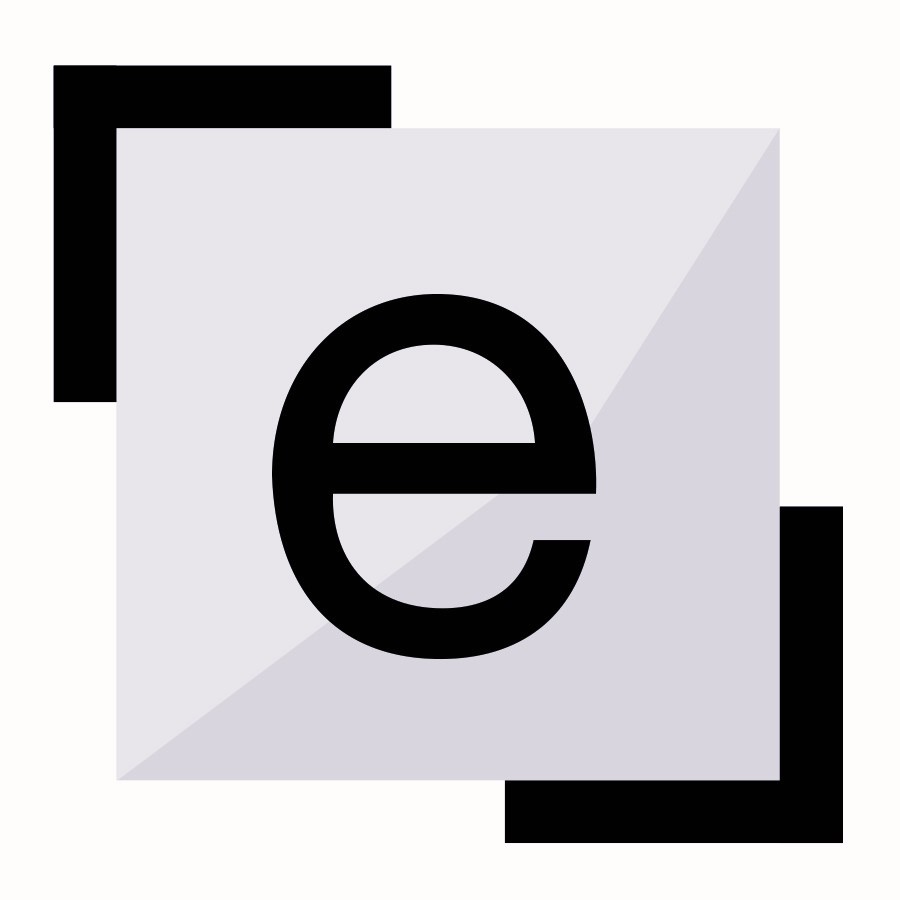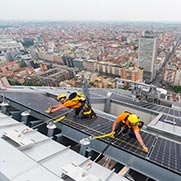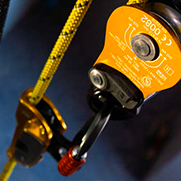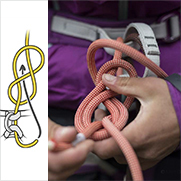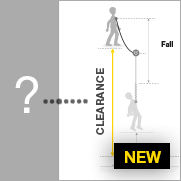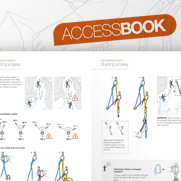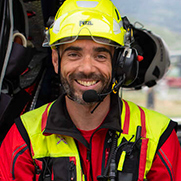Certification tests of the ABSORBICA-I and Y lanyards
The ABSORBICA-I and Y lanyards are certified to multiple standards whose requirements are not exactly the same.
Warnings
- Carefully read the Instructions for Use used in this technical advice before consulting the advice itself. You must have already read and understood the information in the Instructions for Use to be able to understand this supplementary information.
- Mastering these techniques requires specific training. Work with a professional to confirm your ability to perform these techniques safely and independently before attempting them unsupervised.
- We provide examples of techniques related to your activity. There may be others that we do not describe here.
Reminder: all lanyards in the ABSORBICA 2024 line (the model number has a B as the sixth character) are certified for use up to 140 kg max, and for the maximum fall distances specific to each product, as specified in their Instructions for Use.
Test protocol:
M = Test mass
H = Fall distance
D = Tearing of the absorber
F = Impact force
| Standards | H | M | F | D |
|---|---|---|---|---|
| EN 355: 2002 | 2 x Lmax (cf. notice) |
140 kg | 6 kN max | 175 cm max |
| ANSI/ASSP Z359.13-2013 12 FT | 12 feet (3.66 m) |
128 kg | Average < 6 kN 8 kN max |
152 cm max |
| CSA Z259.11-17 | 12 feet (3.66 m) |
140 kg | 2.3 G < Average deceleration < 7 G Duration of deceleration between 8 and 10 G < 0.1 s Max deceleration < 10 G 8 kN max |
152 cm max |
| 墜落制止用器具の規格 | 4 m | 100 kg | 6 kN max | 175 cm max |
| GB/T 24538-2009: 型 II | 4 m | 100 kg | 6 kN max | 175 cm max |
Test protocol:
EN 355: 2002
墜落制止用器具の規格
GB/T 24538-2009: 型 II
In the European, Chinese and Japanese standards, the impact force must not exceed 6 kN at any time.
ANSI/ASSP Z359.13-2013 12 FT
In the ANSI standard, the average force during tearing of the absorber must not exceed 6 kN.
Thus the load can temporarily exceed 6 kN during the fall test, provided that it does not exceed 8 kN.
CSA Z259.11-17
The CSA standard mentions a maximum impact force, but is mainly based on maximum deceleration, a quantity measured in G. This deceleration is calculated based on load values measured during fall tests.
The CSA standard requires an average deceleration during tearing of 2.3 G to 7 G. Deceleration must not exceed 10 G, and the duration of any load between 8 kN and 10 kN must not exceed 0.1 s.
The construction of the ABSORBICA energy absorber is such that the CSA deceleration values can only be met starting at 75 kg, instead of the 60 kg minimum required by the other standards.
D140, the maximum deployment factor at 140 kg, is the multiplication coefficient between the free-fall distance in a factor 2 fall and the absorber tearing length measured under these fall conditions with a 140 kg mass.
The ABSORBICA-I and Y lanyards are calibrated to pass the tests of the above standards.
In a fall of an equal or less mass, over an equal or less distance, the user will be stopped by the energy absorber without exceeding the maximum allowable impact force.
Note: even if the energy absorption capacity allows a 4 m fall to be arrested with an "acceptable" impact force of less than 6 kN, such a fall is not harmless. In all cases, the fall distance should be reduced as much as possible.

